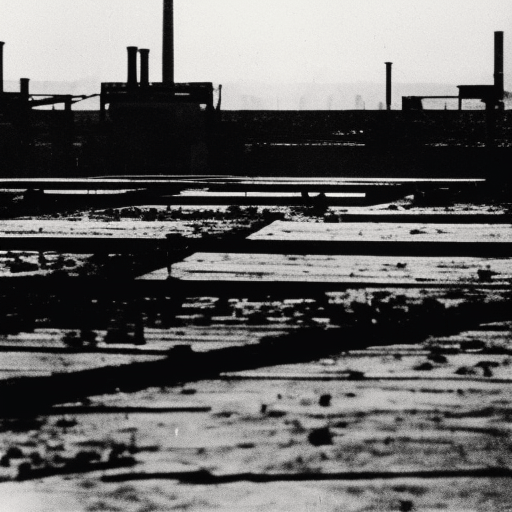The Industrial Revolution
The Industrial Revolution was a period of significant technological, economic, and social change that occurred in the late 18th and early 19th centuries. It began in Britain and later spread to other parts of the world, transforming traditional agricultural and manual labor-based societies into industrialized ones.
Causes of the Industrial Revolution
Several factors contributed to the onset of the Industrial Revolution. The Agricultural Revolution, which saw advancements in farming techniques and increased food production, led to a surplus of labor. This surplus workforce, combined with the enclosure movement that forced many farmers off their land, created a pool of available labor for industrial jobs. Additionally, the availability of natural resources such as coal and iron ore, as well as the development of new technologies like the steam engine, provided the necessary infrastructure for industrialization.
Technological Innovations
The Industrial Revolution was characterized by a series of technological innovations that revolutionized production processes. The steam engine, invented by James Watt, was a crucial invention that powered machinery and allowed for the mechanization of various industries. This, in turn, increased productivity and efficiency. Other important inventions included the spinning jenny, the power loom, and the cotton gin, which transformed the textile industry. The development of the railroad and the steamship also revolutionized transportation and trade.
Impact on Society
The Industrial Revolution had a profound impact on society. It led to urbanization as people moved from rural areas to cities in search of employment. This rapid urban growth resulted in overcrowded and unsanitary living conditions, leading to the emergence of slums. The working class faced long hours, low wages, and dangerous working conditions in factories. Child labor was also prevalent during this time.
Economic Changes
The Industrial Revolution brought about significant economic changes. It led to the rise of capitalism and the establishment of a market economy. The factory system replaced traditional cottage industries, and large-scale production became the norm. The division of labor and specialization increased productivity and allowed for the mass production of goods. This, in turn, led to the growth of trade and the expansion of global markets.
Impact on the Environment
The Industrial Revolution had a detrimental impact on the environment. The burning of coal and the release of pollutants into the air led to air pollution and smog in industrialized cities. Water pollution also became a significant issue as factories discharged waste into rivers and streams. Deforestation occurred to meet the growing demand for timber and to clear land for industrial development.
Legacy of the Industrial Revolution
The Industrial Revolution laid the foundation for modern industrialized societies. It transformed the world by introducing new technologies, changing the way people lived and worked, and reshaping the global economy. The advancements made during this period continue to influence our lives today, from the way we produce goods to the way we travel and communicate.
In conclusion, the Industrial Revolution was a period of immense change that transformed society, economy, and technology. It was fueled by a combination of factors, including advancements in agriculture, the availability of natural resources, and technological innovations. While it brought about significant benefits such as increased productivity and economic growth, it also had negative consequences, including poor working conditions and environmental degradation. The legacy of the Industrial Revolution can still be seen in the modern world, as it laid the groundwork for the industrialized societies we live in today.












